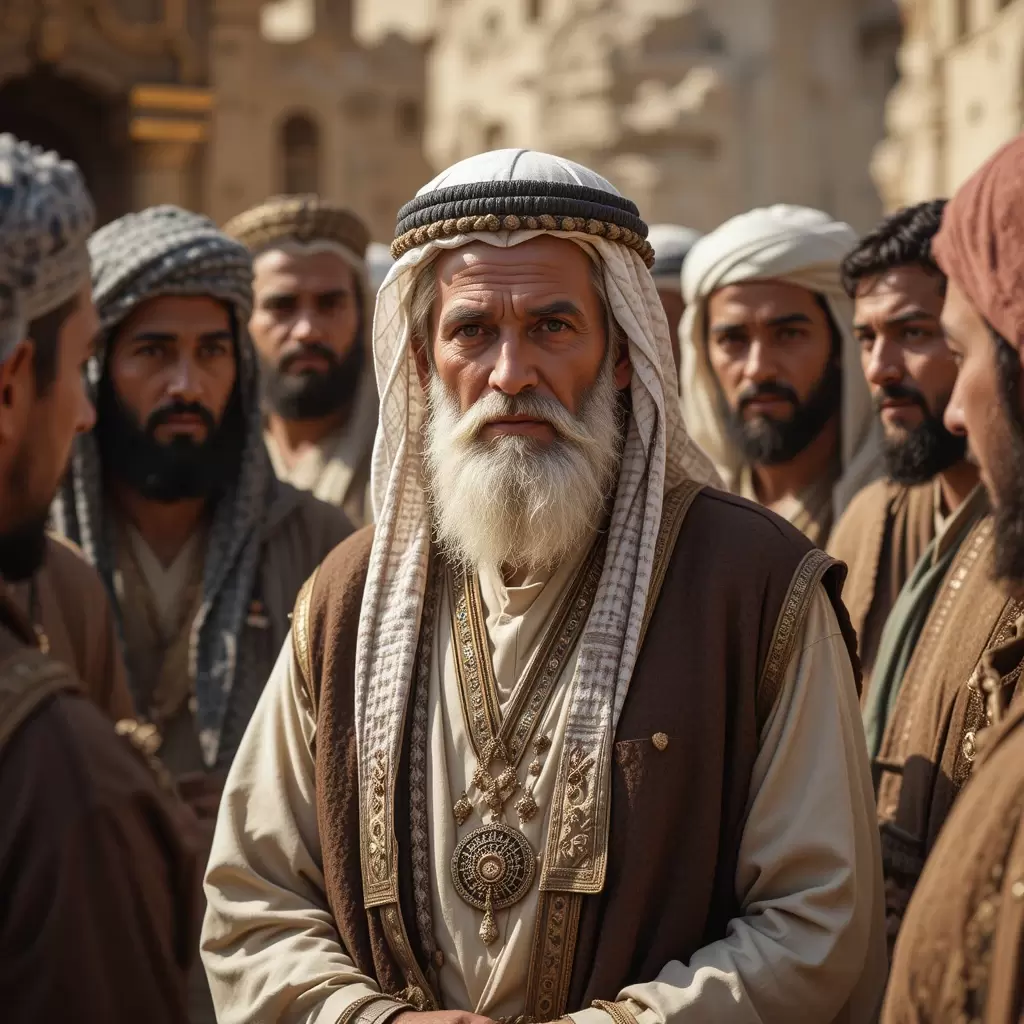
11 February, 2025
Abu Bakr Al-Siddiq, also known as Abu Bakr As-Siddiq and Abu Bakr Al Siddiq, holds a pivotal place in Islamic history.
As the first caliph of Islam and the closest companion of Prophet Muhammad (PBUH), he played a crucial role in the early expansion and consolidation of the Muslim state.
Renowned for his unwavering faith, leadership, and justice, his legacy continues to inspire generations. This article delves into his life, governance, and contributions to Islam.
Birth, Family, and Early Years
Abu Bakr Al-Siddiq was born in 573 CE in Mecca into the esteemed Banu Taym clan of the Quraysh tribe. From an early age, he was known for his honesty, intelligence, and noble character. A successful merchant, he was highly respected for his fair dealings and generosity.
His Conversion to Islam
Abu Bakr was among the first to accept Islam, embracing the faith after hearing the Prophet Muhammad’s (PBUH) message. His immediate conversion and unwavering support for the Prophet played a significant role in strengthening the early Muslim community. He was instrumental in spreading Islam, persuading notable figures like Uthman Ibn Affan and Talha Ibn Ubaidullah to join the faith.
His Governance and Justice System
Following the passing of Prophet Muhammad (PBUH) in 632 CE, Abu Bakr Al-Siddiq was chosen as the first caliph. His leadership was marked by justice, humility, and adherence to Islamic principles. He upheld the Prophet’s teachings and ensured the unity of the Muslim Ummah during a challenging period.
His Military Expansions and Leadership
Abu Bakr successfully led campaigns to suppress the Ridda Wars (Wars of Apostasy), ensuring the stability of the Islamic state. His leadership saw the Muslim army expand into regions like Persia and the Byzantine Empire, laying the foundation for future conquests. His support for military leaders like Khalid Ibn Al-Walid proved instrumental in securing victories.
Economic and Social Reforms
During his caliphate, Abu Bakr implemented several key economic and social policies, including:
-
Establishing financial support for the needy and widows.
-
Encouraging trade and fair economic practices.
-
Managing the distribution of Zakat (charity) to maintain social welfare.
Administrative Policies and Innovations
Abu Bakr’s administrative strategies focused on stability and governance. His initiatives included:
-
Strengthening the Islamic judicial system.
-
Standardizing governance structures in newly acquired regions.
-
Commissioning the compilation of the Quran to preserve Islamic teachings.
How He Passed Away
Abu Bakr Al-Siddiq passed away in 634 CE after a brief illness. His leadership was characterized by humility and service, and he appointed Umar Ibn Khattab as his successor to ensure continuity and strength in the Islamic state.
His Impact on Islamic Civilization
His leadership solidified the Islamic state’s foundations, ensuring its stability after the Prophet’s passing. His adherence to justice, faith, and governance set a precedent for future caliphs. His contributions continue to be revered by Muslims worldwide.
Q: Who was Abu Bakr? A: Abu Bakr Al-Siddiq was the first caliph of Islam, a close companion of Prophet Muhammad (PBUH), and a key figure in the spread and preservation of the faith.
Q: How did Abu Bakr die? A: Abu Bakr passed away in 634 CE due to illness, leaving behind a strong and united Muslim state.
Q: How did Abu Bakr spread Islam? A: He played a critical role in spreading Islam through diplomacy, financial support, and encouraging influential figures to embrace the faith.
Abu Bakr Al-Siddiq’s legacy as the first caliph remains unparalleled. His leadership, devotion to Islam, and commitment to justice continue to inspire leaders and scholars worldwide. His contributions laid the foundation for the expansion and consolidation of the Islamic state, ensuring the preservation of Prophet Muhammad’s (PBUH) teachings for future generations.
Uthman ibn Affan: The Third Caliph and His Legacy
Omar Ibn Khattab: From Fierce Opponent to Islam’s Greatest Defender
Amr ibn al-As: The Strategist Who Conquered Egypt for Islam
Bilal bin Rabah: The First Muezzin Who Changed Islam Forever

